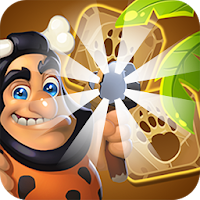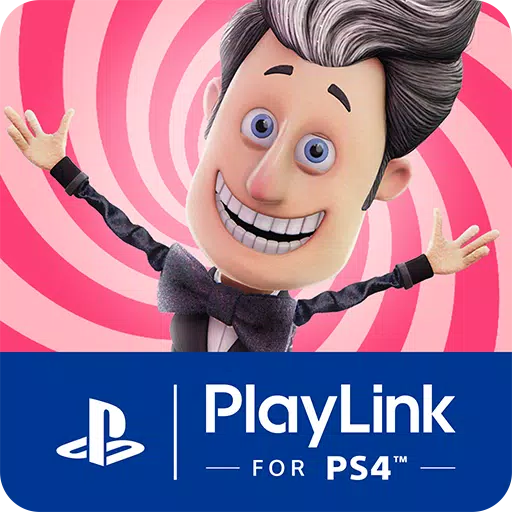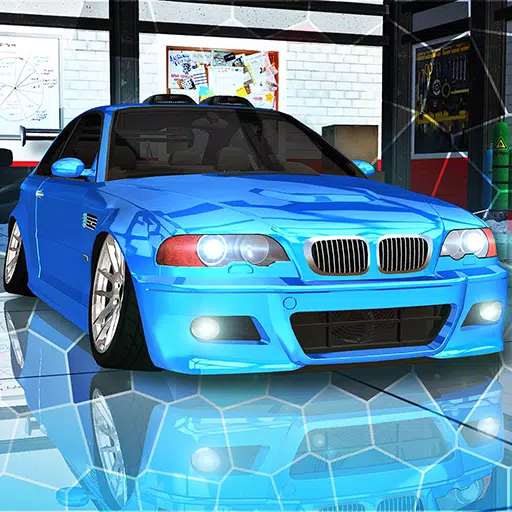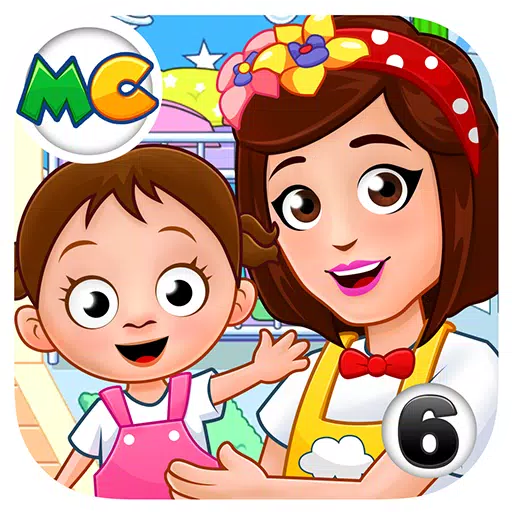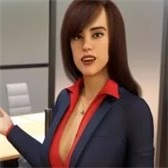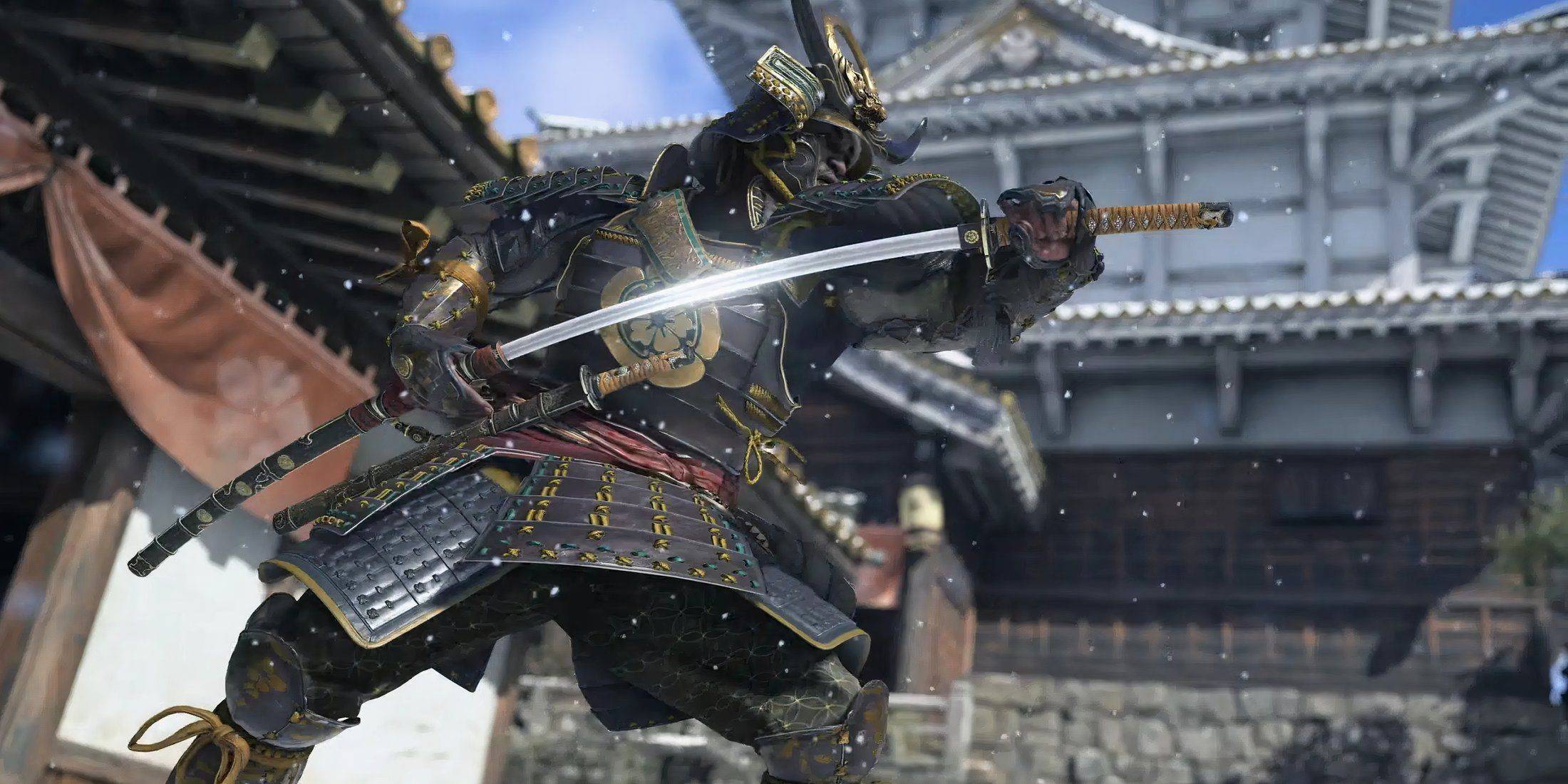The early days of Will Wright’s iconic life simulation games were filled with charming details, immersive mechanics, and quirky surprises that later entries left behind. From deeply personal memory systems to unique NPC interactions, these lost features helped define the magic of the originals.
As the series evolved, many of these beloved elements faded into obscurity. In this article, we'll take a nostalgic journey back to the forgotten gems of the first two games — features that fans still miss and wish would make a triumphant return.
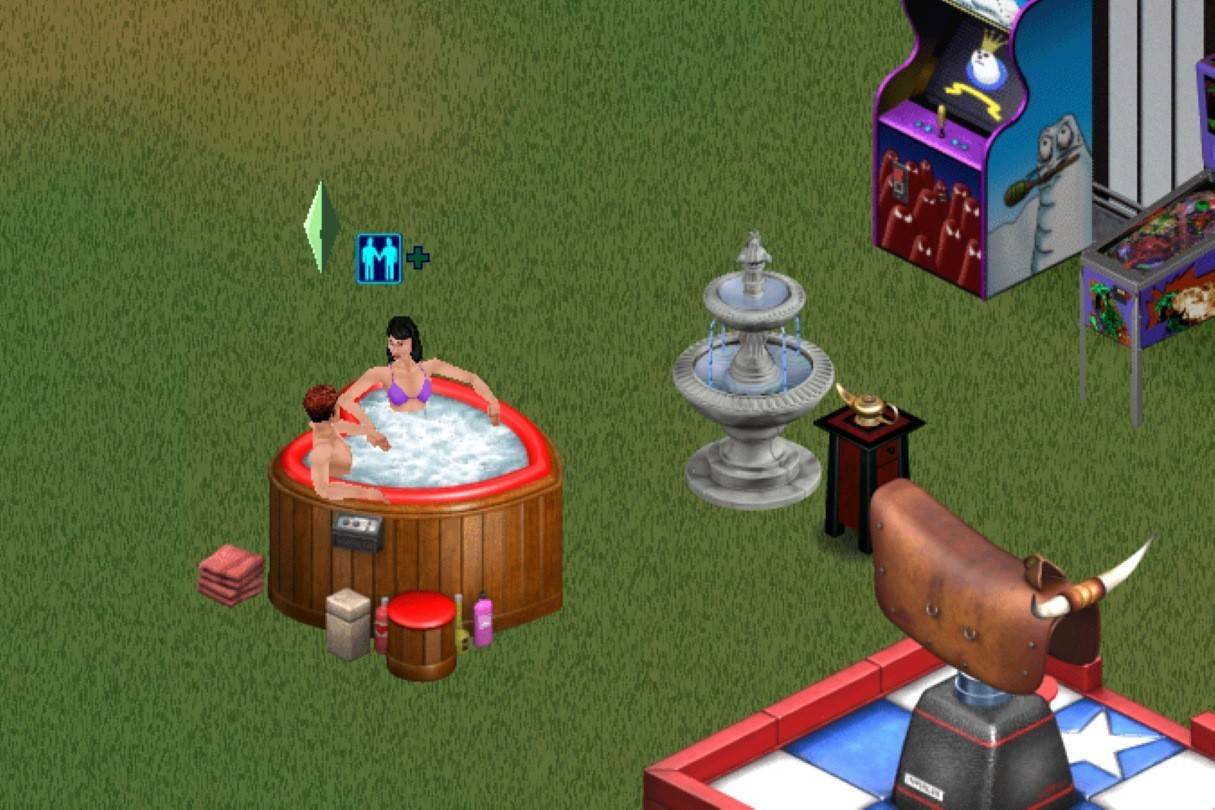 Image: ensigame.com
Image: ensigame.com
Table of Content ---
The Sims 1
- Authentic Plant Care
- Can’t Pay, Can’t Eat!
- A Genie’s Unexpected Gift
- The School of Hard Knocks
- Realistic WooHoo
- Fine Dining
- Thrills and Spills
- The Price of Fame
- Spellcasting in Makin’ Magic
- Singing Under the Stars
The Sims 2
- Running a Business
- Higher Education, Higher Rewards
- Nightlife
- The Excitement of Apartment Life
- Memories That Last, Love That Doesn’t
- Functional Clocks
- Shop ‘Til You Drop
- Unique NPCs
- Unlocking Hobbies
- A Helping Hand
0 0 Comment on this The Sims 1
Authentic Plant Care
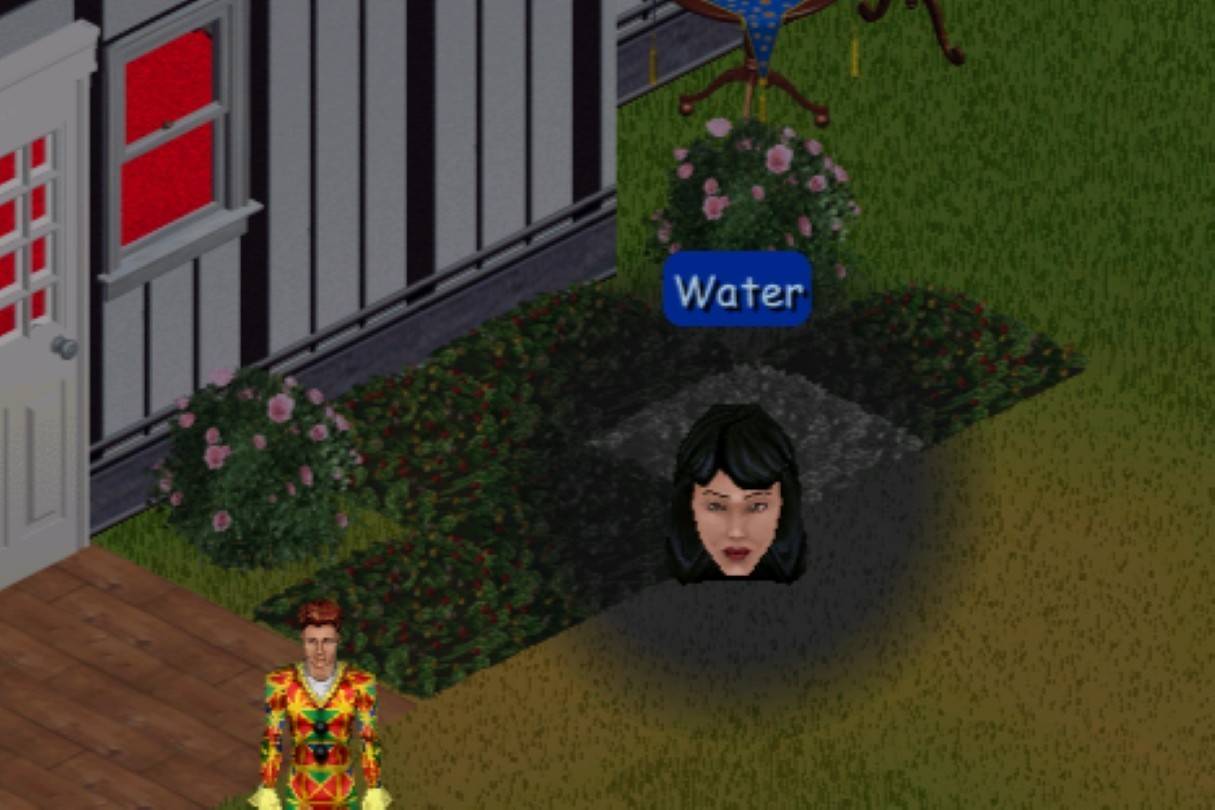 Image: ensigame.com
Image: ensigame.com
In the original game, certain indoor plants demanded regular watering to thrive. Neglecting them would cause them to wither, impacting not just the home's aesthetics but also lowering the "Room" need, subtly encouraging players to nurture their living spaces.
Can’t Pay, Can’t Eat!
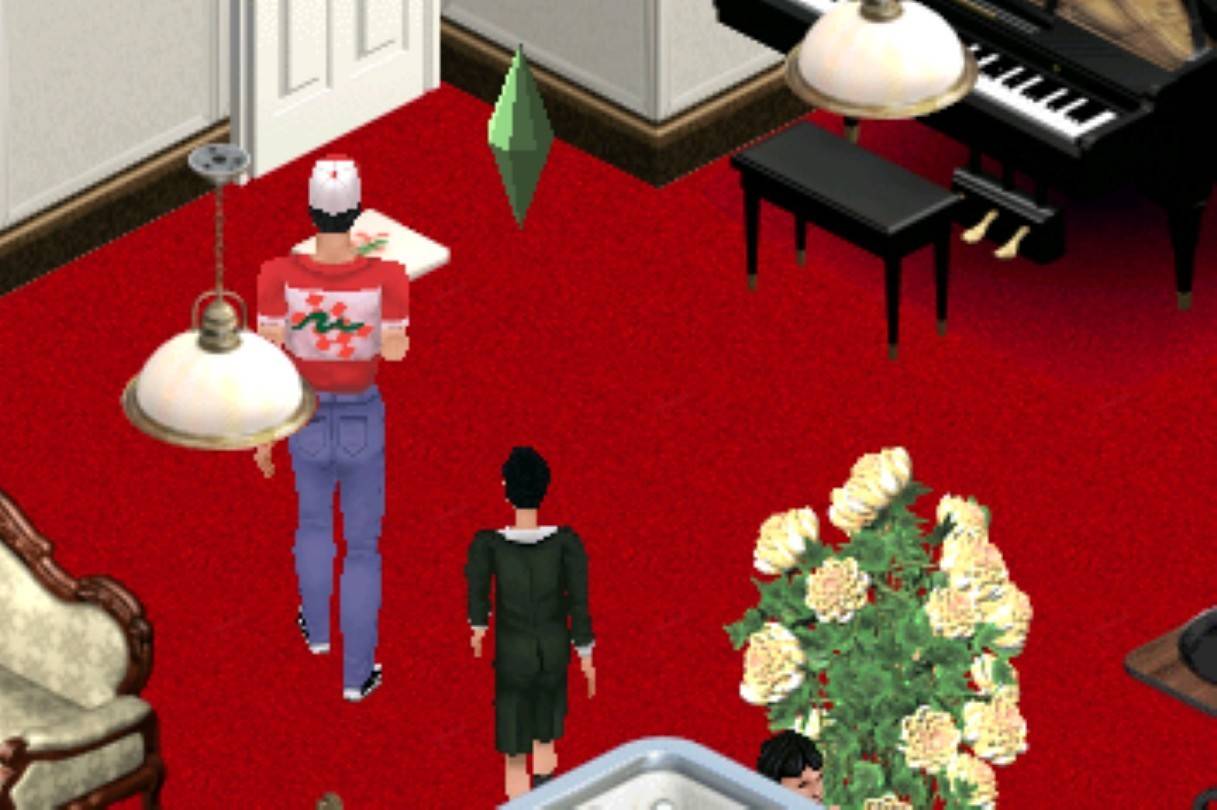 Image: ensigame.com
Image: ensigame.com
Freddy, the pizza delivery man, would show his frustration if your Sim couldn't afford to pay for their order. Instead of simply leaving, he would reclaim the pizza and walk away, adding a layer of realism to the game.
A Genie’s Unexpected Gift
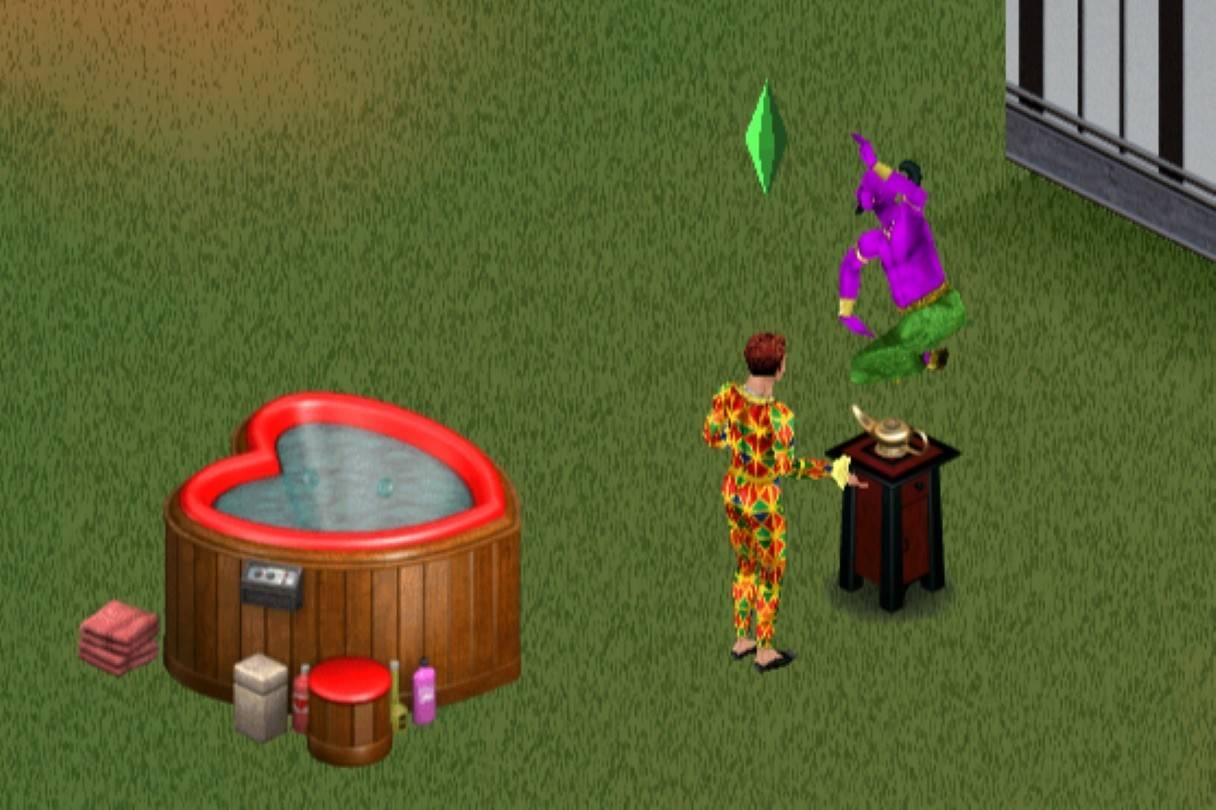 Image: ensigame.com
Image: ensigame.com
The genie lamp, a magical item, could be used once daily, offering various wishes with lasting effects. One surprising outcome of choosing the "water" wish was the rare chance of receiving a luxurious hot tub, a delightful twist that added unexpected fortune to gameplay, especially in self-imposed challenges like rags-to-riches.
The School of Hard Knocks
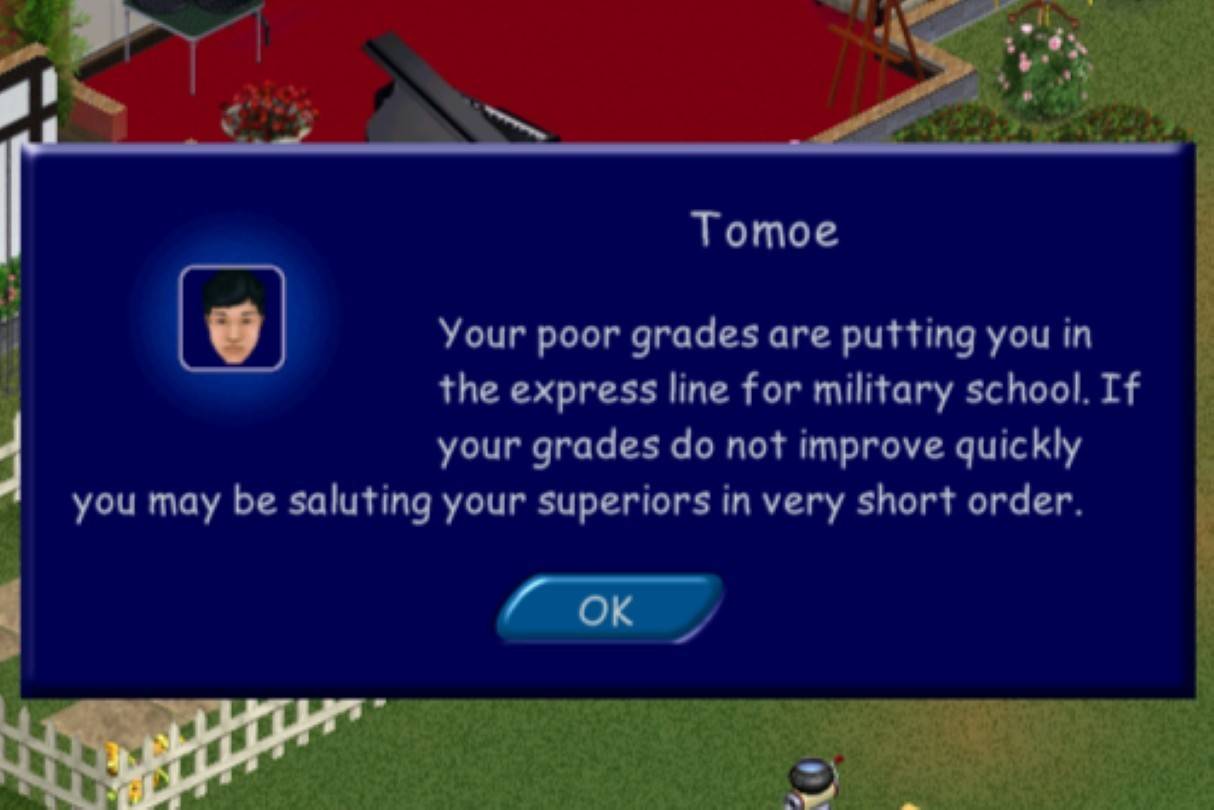 Image: ensigame.com
Image: ensigame.com
Education played a crucial role in Sims' lives, impacting both their future and immediate circumstances. High-achieving Sims were rewarded with monetary gifts from their grandparents, while those with poor grades faced the harsh reality of being sent to military school, never to return.
Realistic WooHoo
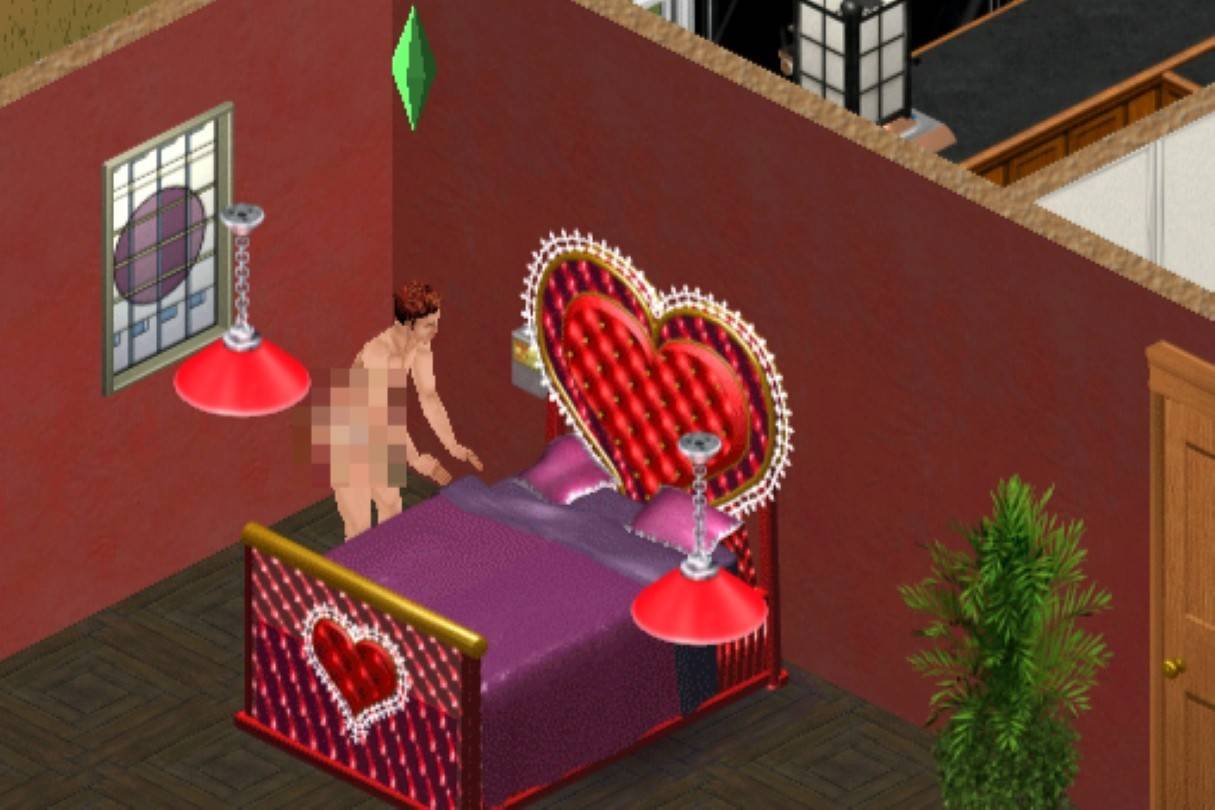 Image: ensigame.com
Image: ensigame.com
WooHoo was depicted with a surprising level of realism. Before the act, Sims would undress, and afterward, their reactions varied widely, from crying and cheering to laughing or even showing disgust, adding depth to the experience.
Fine Dining
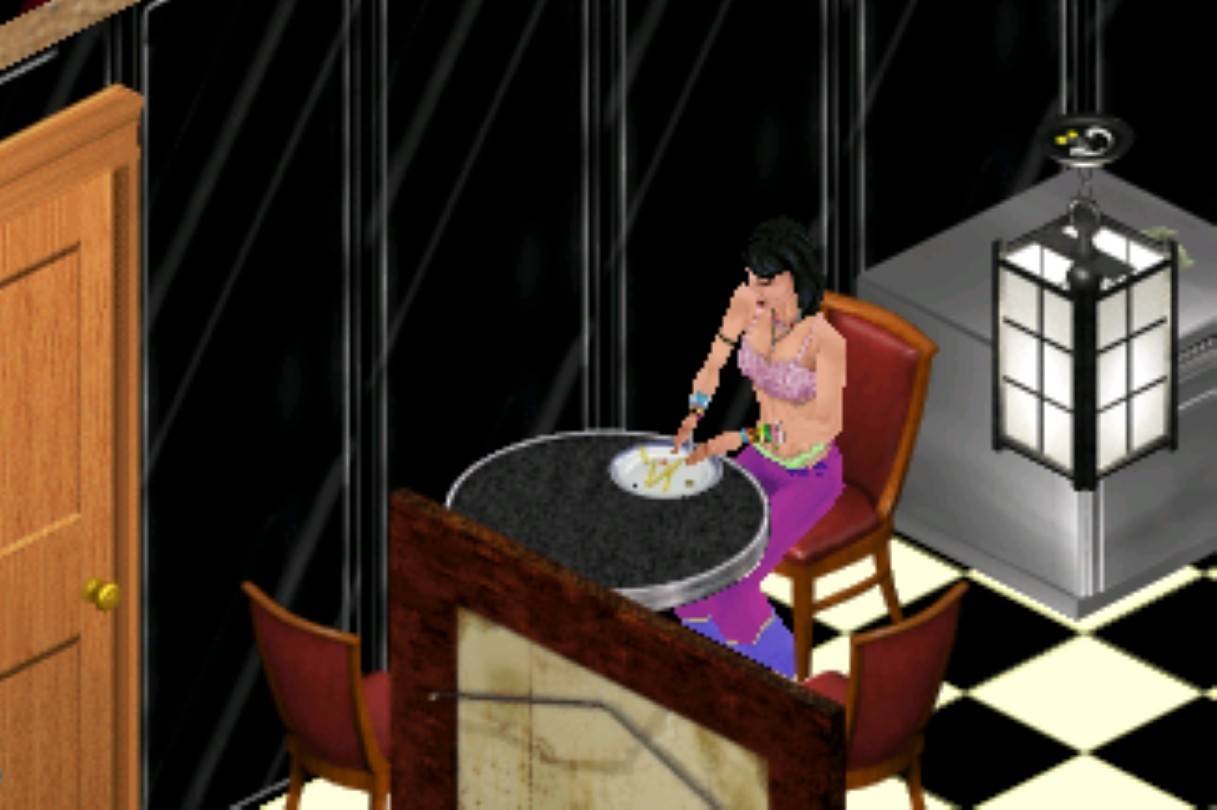 Image: ensigame.com
Image: ensigame.com
Sims used both a knife and a fork while eating, showcasing a sophistication that players fondly remember, unlike the simplified eating animations in later games.
Thrills and Spills
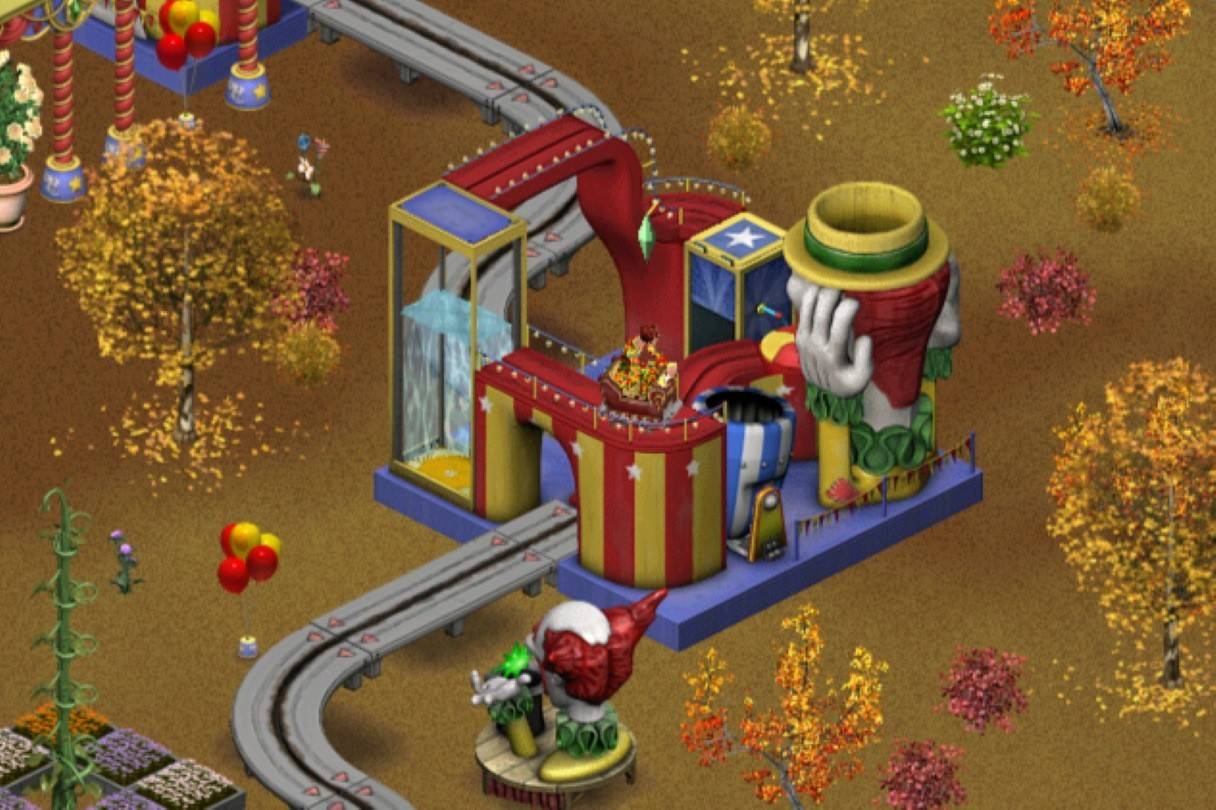 Image: ensigame.com
Image: ensigame.com
The Sims: Makin’ Magic introduced roller coasters as exciting entertainment options. In Magic Town, players could ride coasters themed around a circus or a haunted house, and even build their own on other community lots, bringing high-speed thrills to any part of their Sims' world.
The Price of Fame
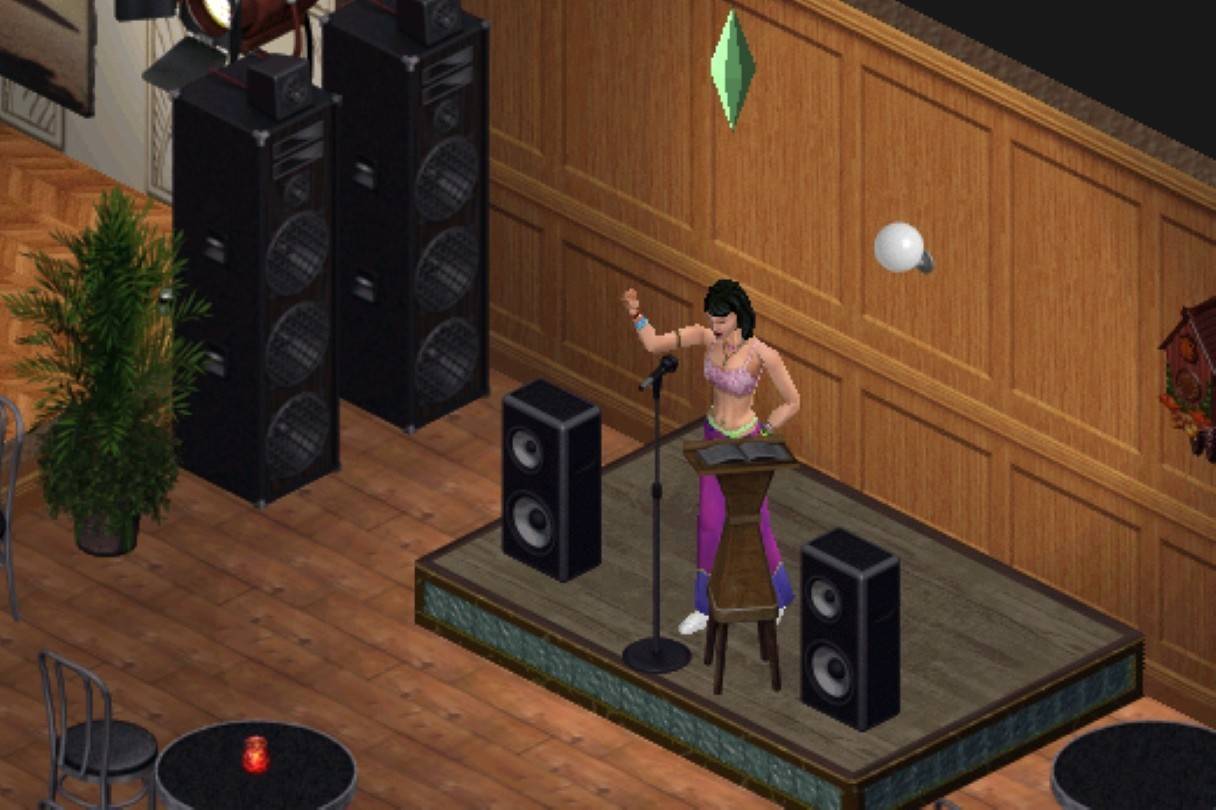 Image: ensigame.com
Image: ensigame.com
In The Sims: Superstar, Sims could chase stardom through the SimCity Talent Agency. Fame was measured by a five-star Star Power system, where success in acting, modeling, or singing boosted their ranking, while poor performances or neglect could cause their fame to wane. Missing five consecutive days risked being dropped by the agency, emphasizing the fleeting nature of fame.
Spellcasting in Makin’ Magic
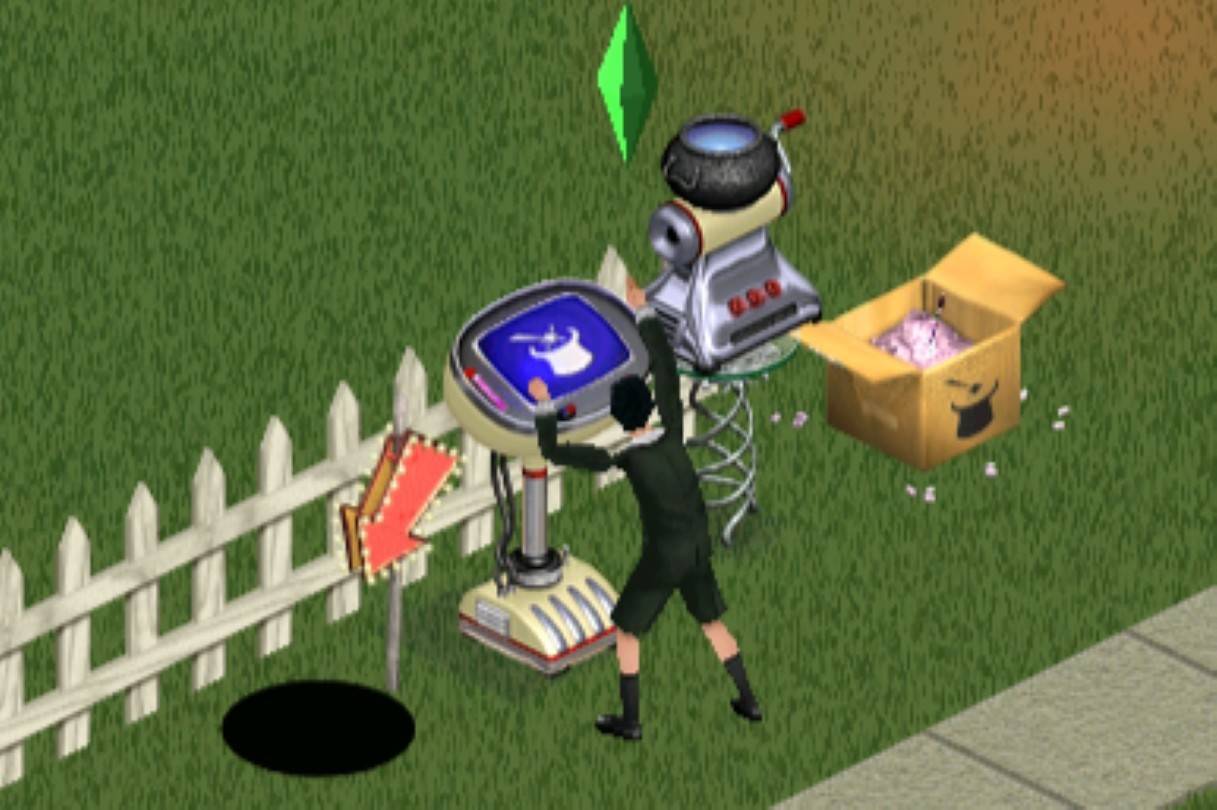 Image: ensigame.com
Image: ensigame.com
The Sims: Makin’ Magic introduced a spellcasting system where Sims could craft spells and charms using specific ingredients, documented in The Start Here Spellbook. This was unique as it allowed both adults and children to become spellcasters, a feature exclusive to The Sims 1.
Singing Under the Stars
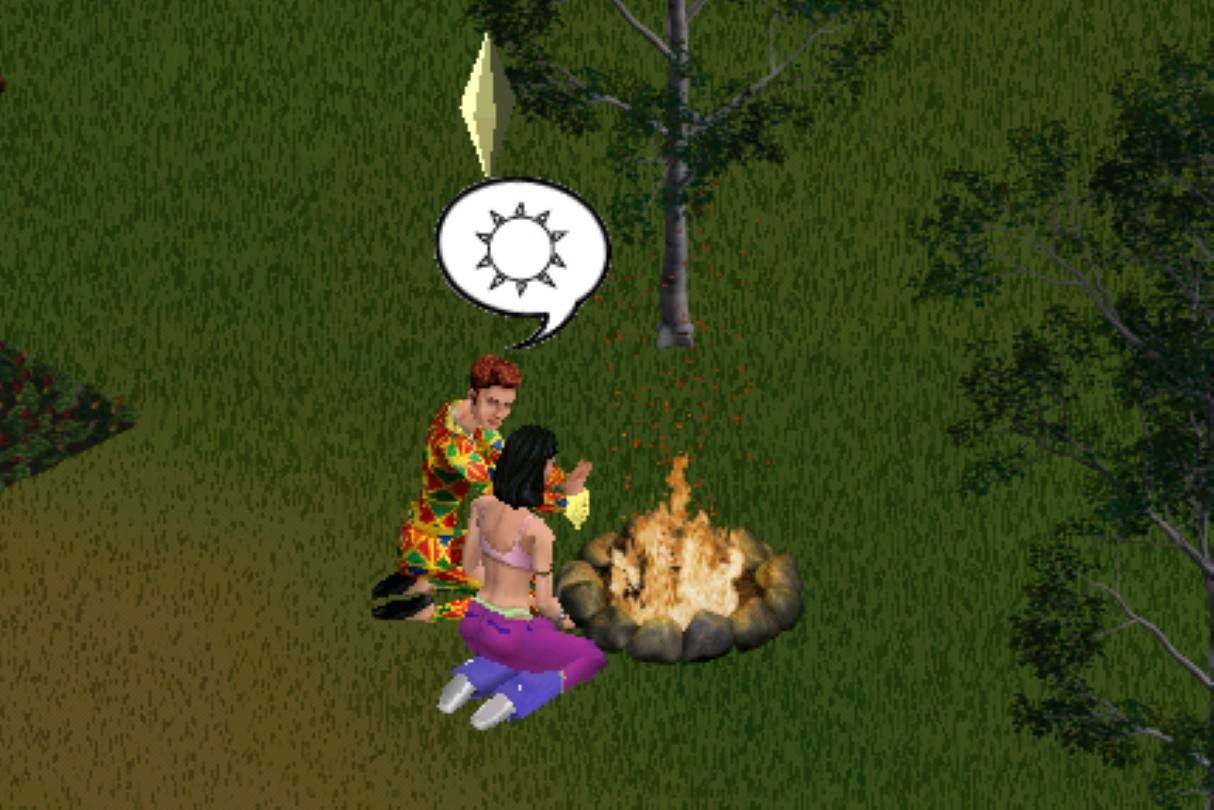 Image: ensigame.com
Image: ensigame.com
Gathered around a campfire, Sims could sing folk songs, choosing from three different melodies. These singalongs added a charming social element, bringing Sims together for a cozy and immersive outdoor experience.
The Sims 2
Running a Business
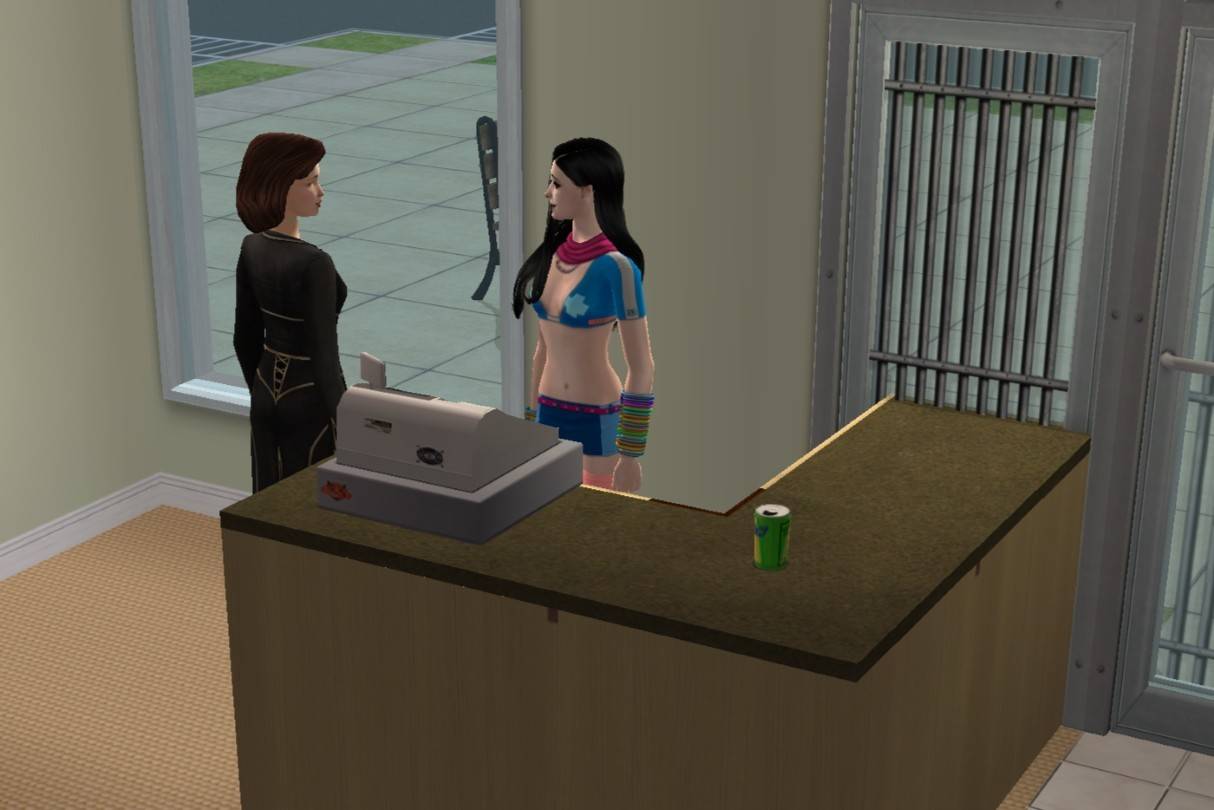 Image: ensigame.com
Image: ensigame.com
For the first time, Sims could become entrepreneurs, opening businesses from their home lot or a dedicated venue. Whether launching a fashion boutique, beauty salon, electronics store, florist, or restaurant, the possibilities were endless. Sims could hire employees, manage them, and strive to become business moguls or innovate for the next big thing.
Also read: 30 best mods for The Sims 2
Higher Education, Higher Rewards
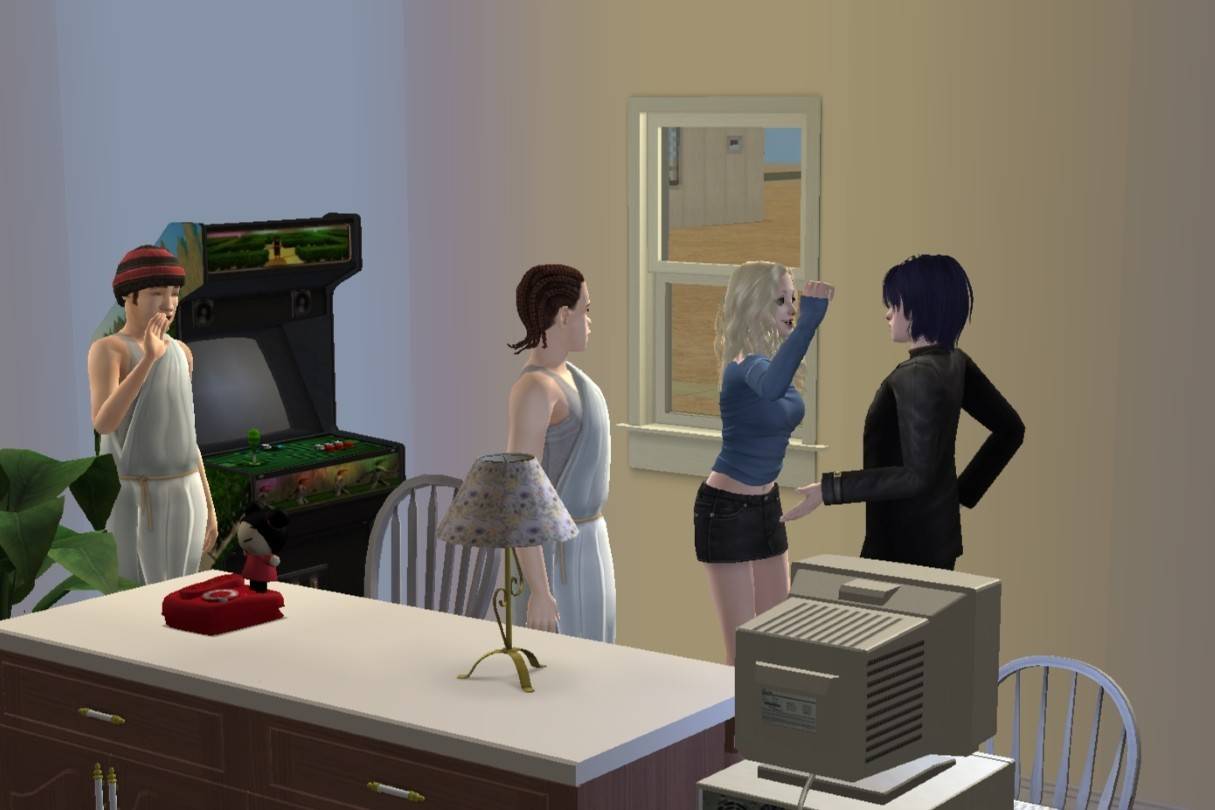 Image: ensigame.com
Image: ensigame.com
With The Sims 2: University, teens could transition into young adulthood by enrolling in college, moving to a dedicated university town, and choosing from ten majors. Balancing academics, social life, and relationships, graduation unlocked advanced career opportunities, making higher education a gateway to success.
Nightlife
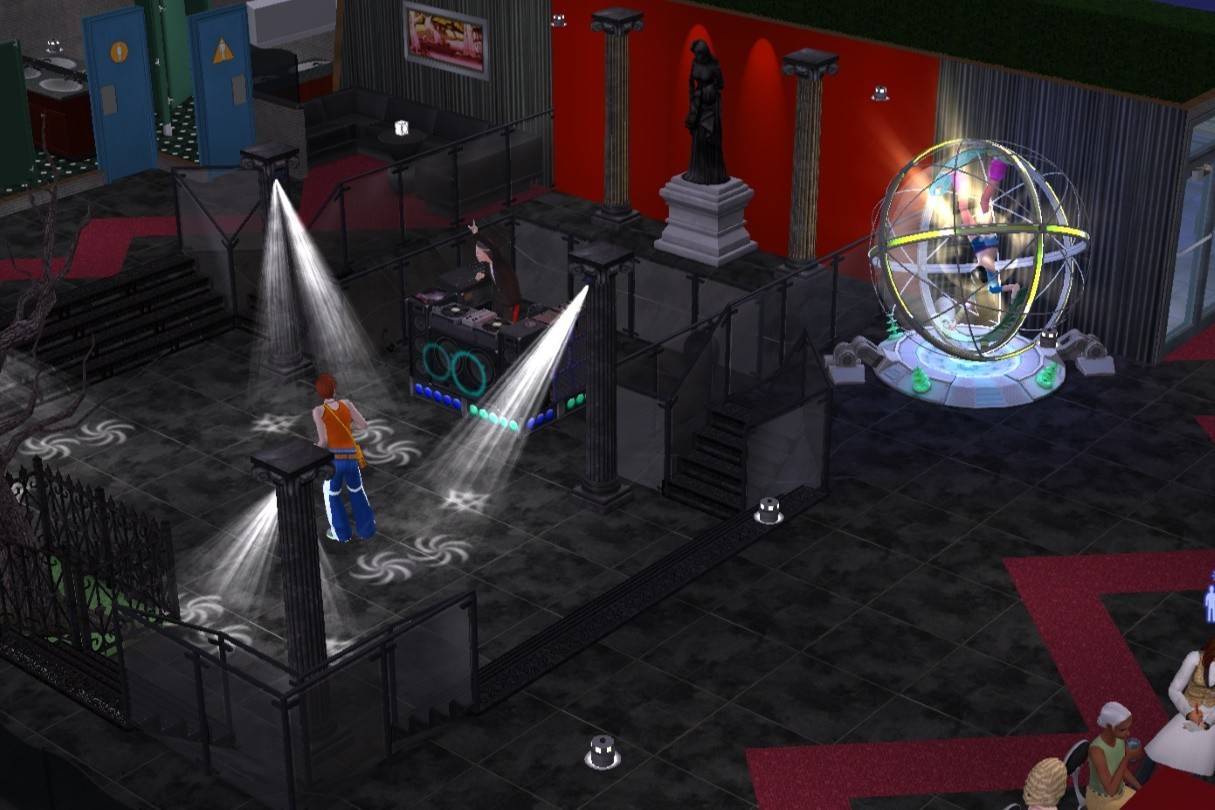 Image: ensigame.com
Image: ensigame.com
This expansion introduced inventories, new social interactions, and over 125 objects. Romantic pursuits became more dynamic, with NPC dates leaving gifts or hate letters based on the evening's success. New iconic characters like DJs, a Gypsy matchmaker, Mrs. Crumplebottom, and grand vampires enriched the gameplay.
The Excitement of Apartment Life
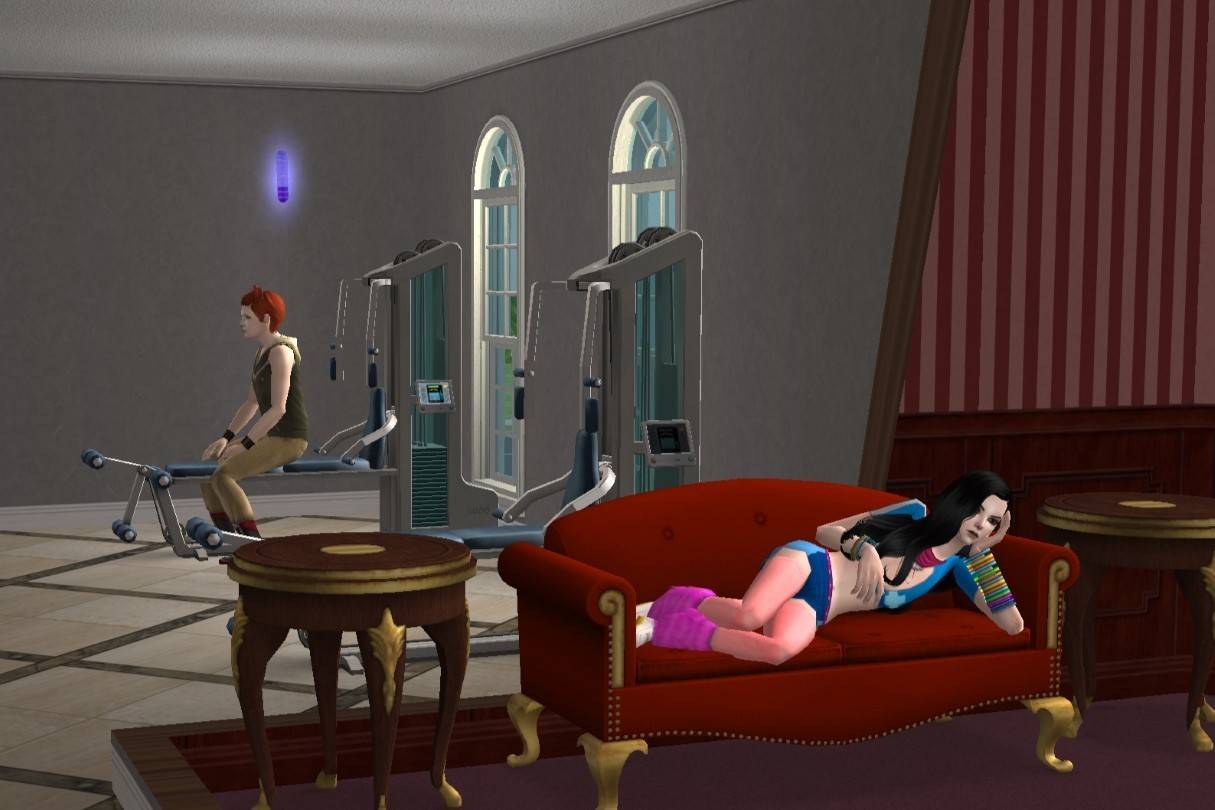 Image: ensigame.com
Image: ensigame.com
As the final expansion for The Sims 2, Apartment Life introduced living in bustling apartment buildings, fostering new friendships, career connections, and romance. From trendy lofts to luxurious apartments with personal butlers, this expansion brought urban excitement to the game.
Memories That Last, Love That Doesn’t
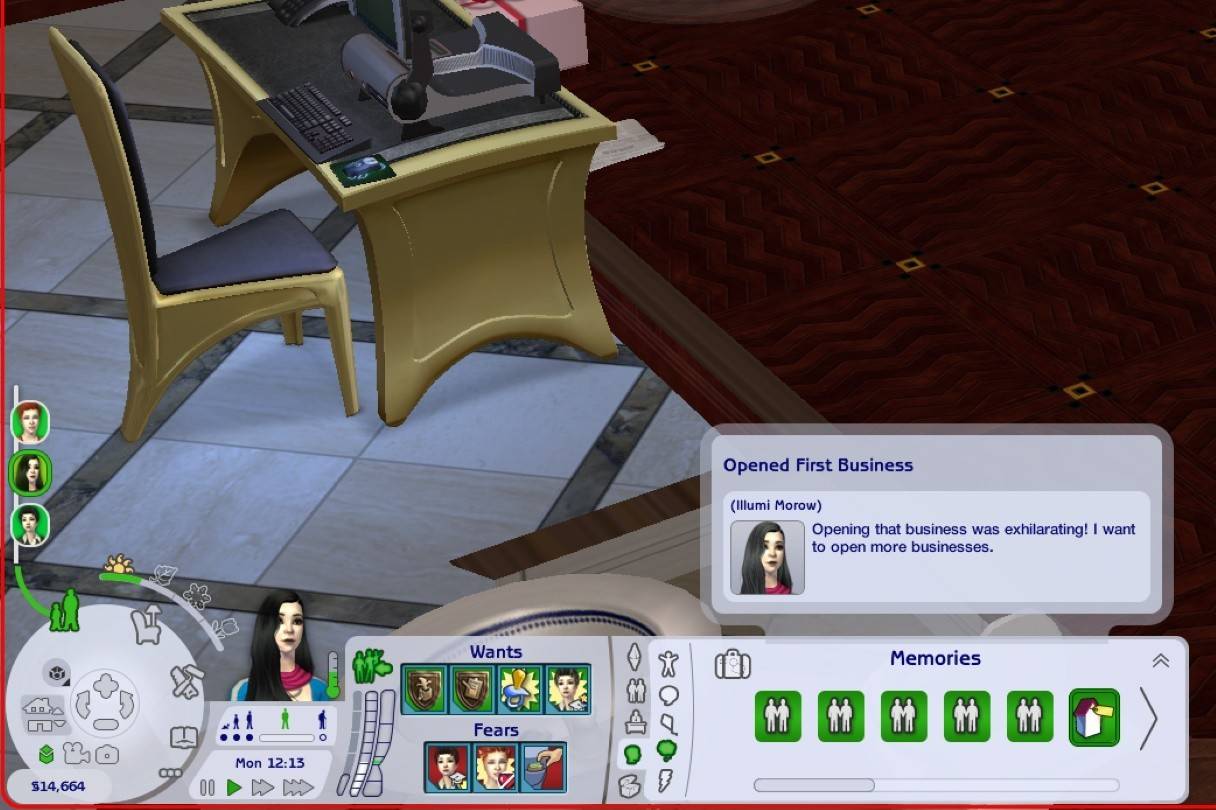 Image: ensigame.com
Image: ensigame.com
The Sims 2 introduced a groundbreaking memory system, allowing Sims to remember major life events, shaping their personalities and interactions. The game also featured unrequited relationships, adding realism and drama. A Sim could develop deep romantic feelings or strong friendships, only to have them go unreciprocated.
Functional Clocks
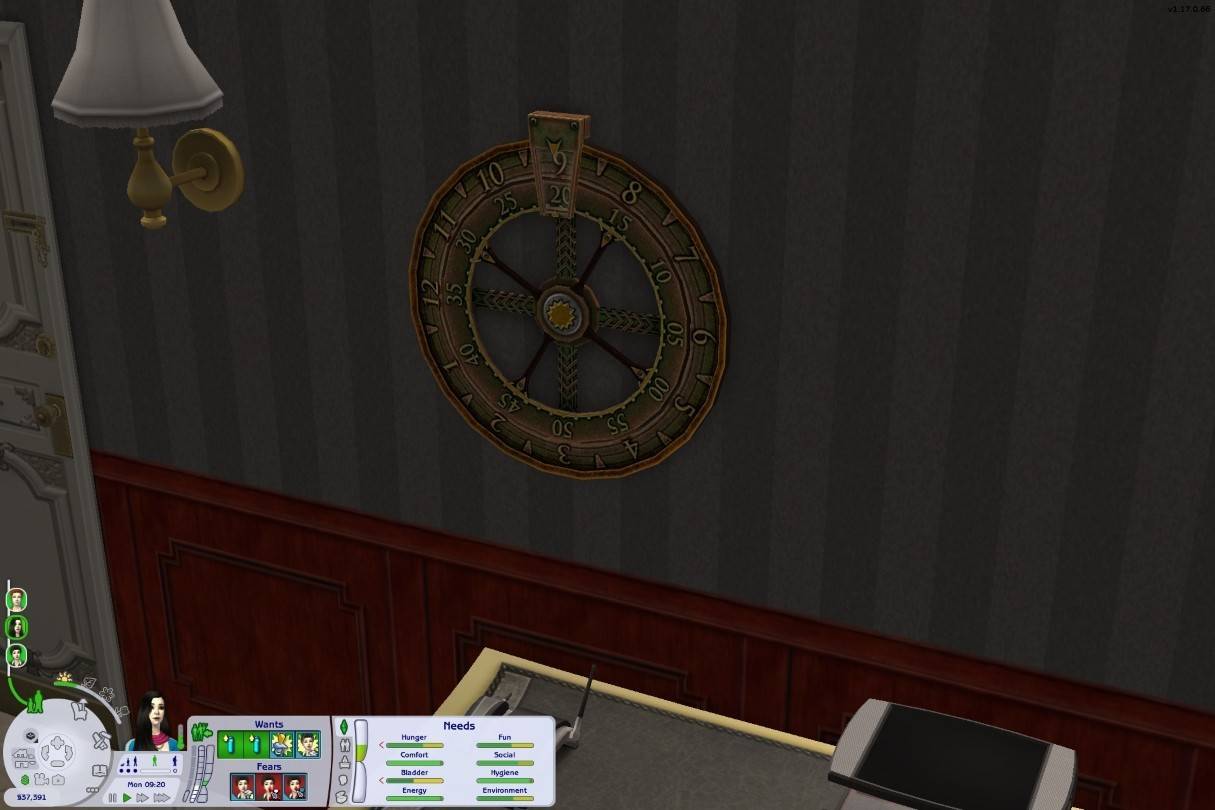 Image: ensigame.com
Image: ensigame.com
Clocks in The Sims 2 displayed the actual in-game time, whether a classic wall clock or an elegant grandfather clock, allowing players to track time without relying solely on the interface.
Shop ‘Til You Drop
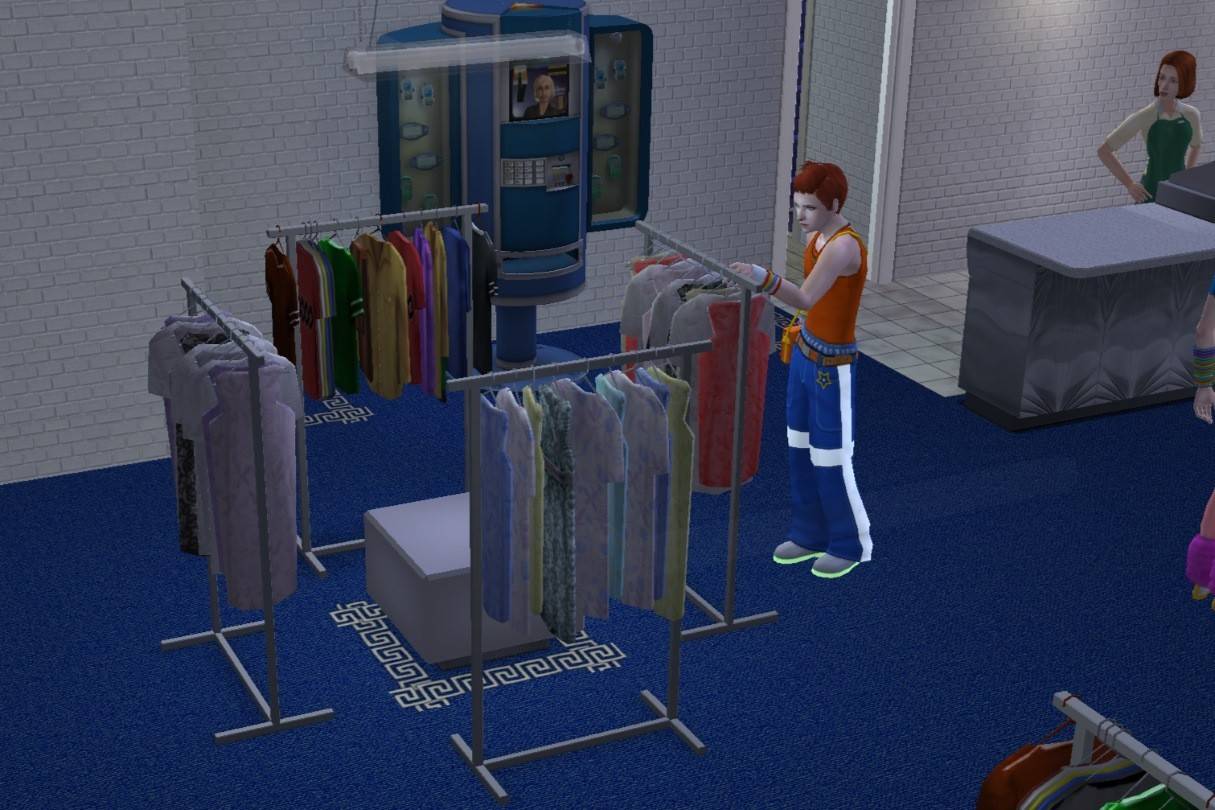 Image: ensigame.com
Image: ensigame.com
Unlike later games where essentials appeared magically, The Sims 2 required Sims to shop for food and clothing. Refrigerators didn't stay stocked automatically, and newly aged-up Sims needed to purchase new outfits, adding realism to daily life.
Unique NPCs
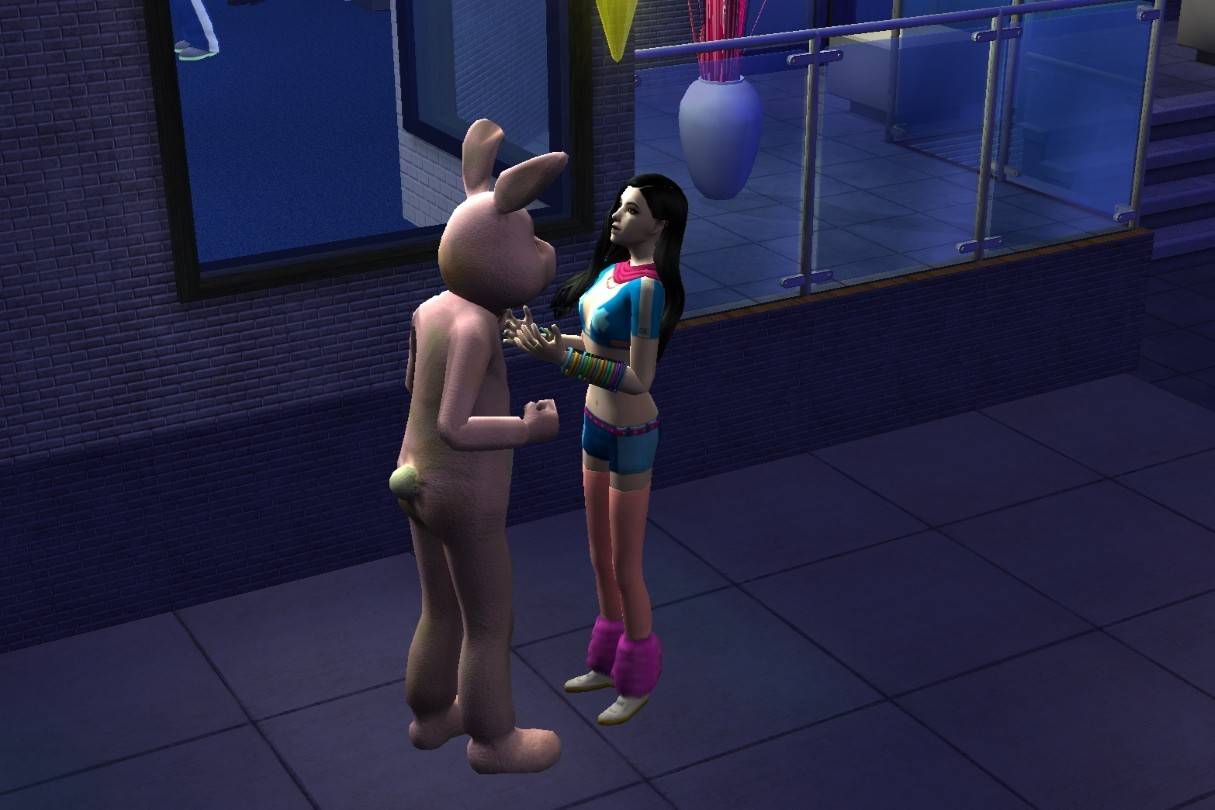 Image: ensigame.com
Image: ensigame.com
The Social Bunny would appear when a Sim’s social needs plummeted, providing much-needed company. The Therapist would intervene if a Sim experienced a breakdown, adding depth to the NPC interactions.
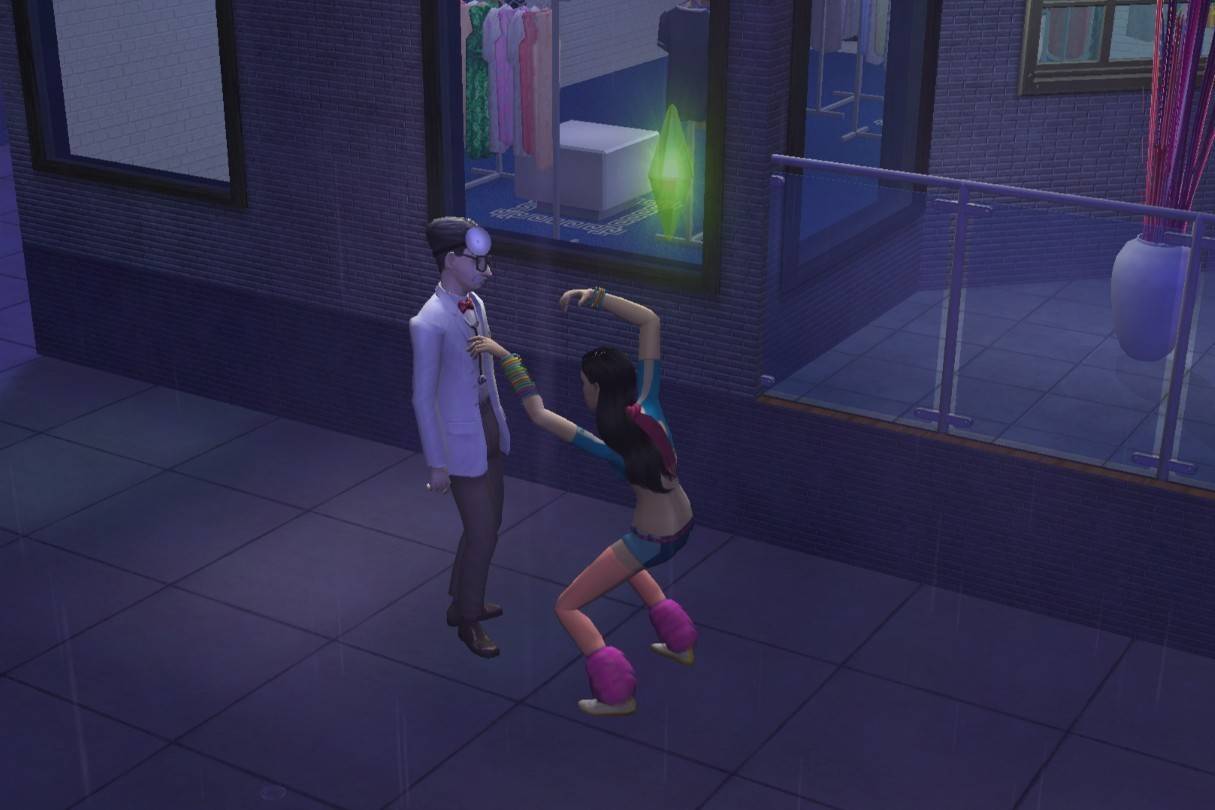 Image: ensigame.com
Image: ensigame.com
Unlocking Hobbies
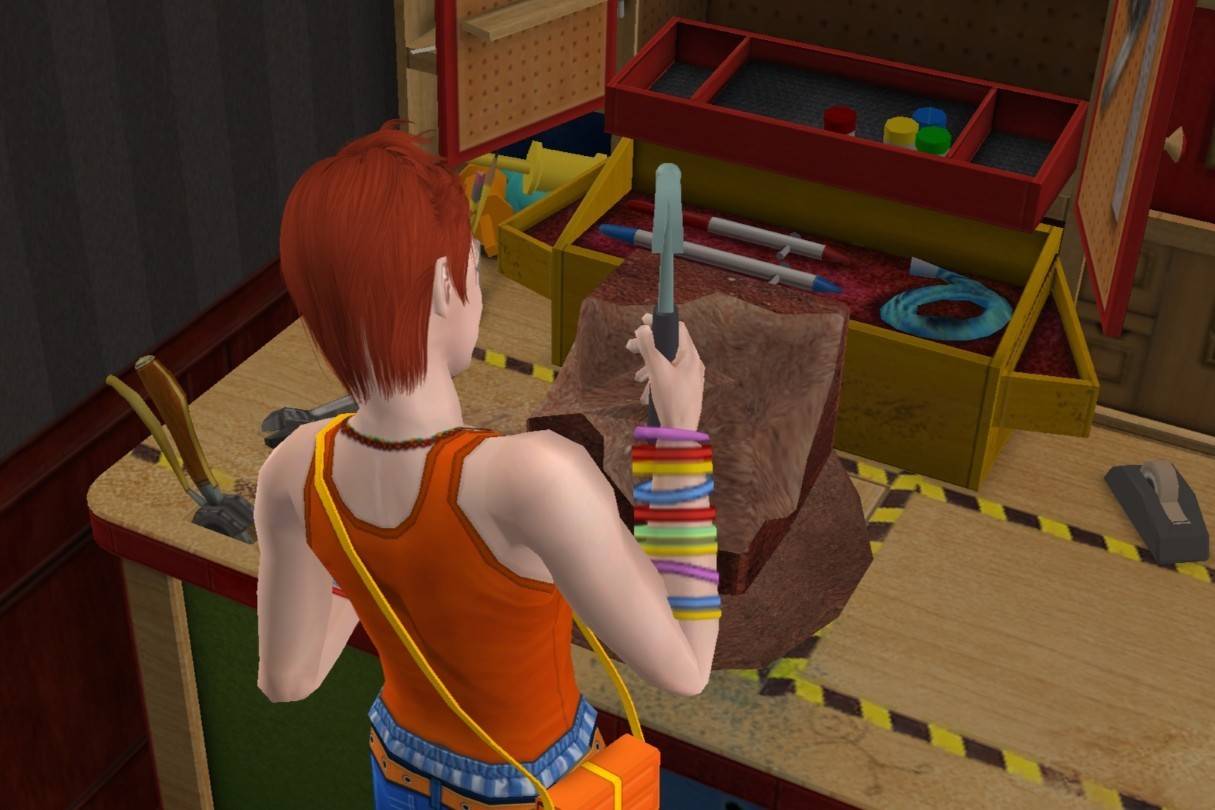 Image: ensigame.com
Image: ensigame.com
With FreeTime, Sims could embrace hobbies, enriching their lives beyond work. From playing football to restoring cars or mastering ballet, hobbies fostered skill-building, friendships, and personal fulfillment. Dedicated hobbyists could unlock secret rewards and exclusive career opportunities.
A Helping Hand
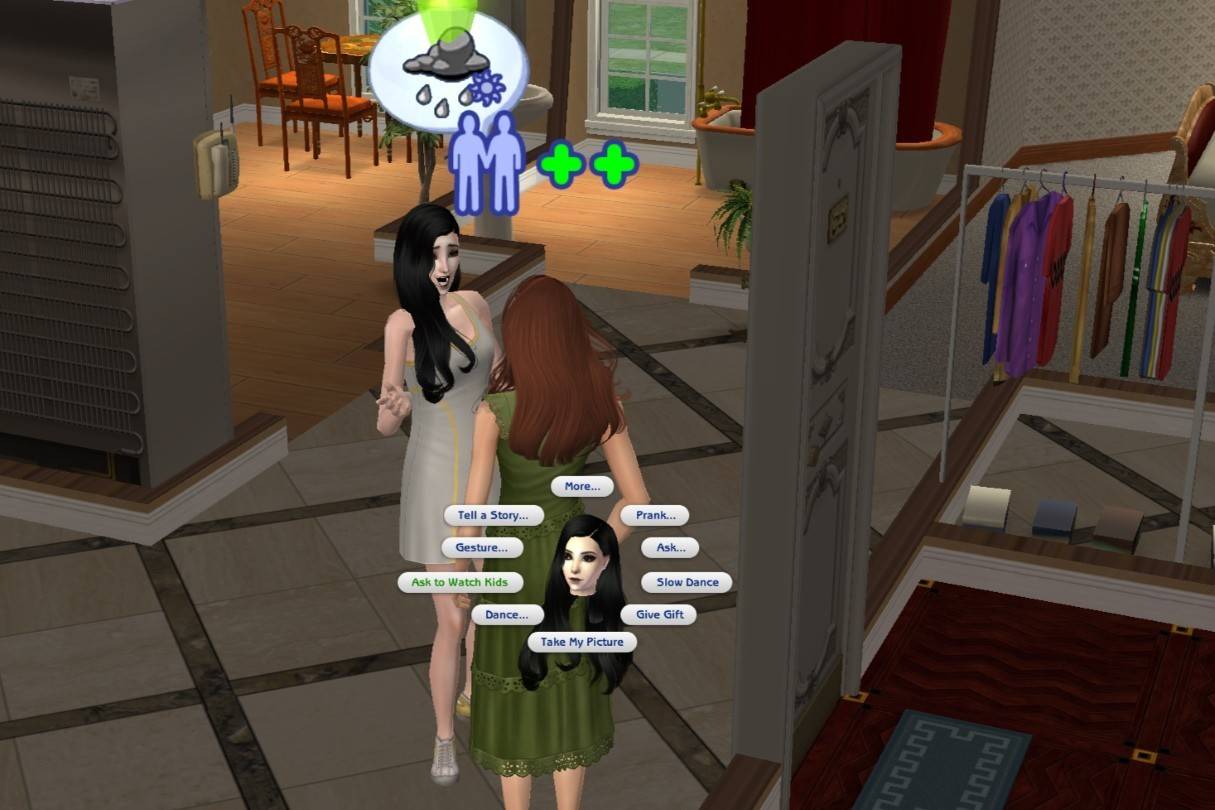 Image: ensigame.com
Image: ensigame.com
If a Sim had a strong relationship with a neighbor, they could ask for help in caring for their children, offering a personal alternative to hiring a nanny.
The Sims 1 & 2 were groundbreaking in their depth, creativity, and the wealth of unique features they introduced. While we may never get all of these features back, they remain a nostalgic reminder of the unique experiences that made the Sims franchise so special in its early days.
 Home
Home  Navigation
Navigation






 Latest Articles
Latest Articles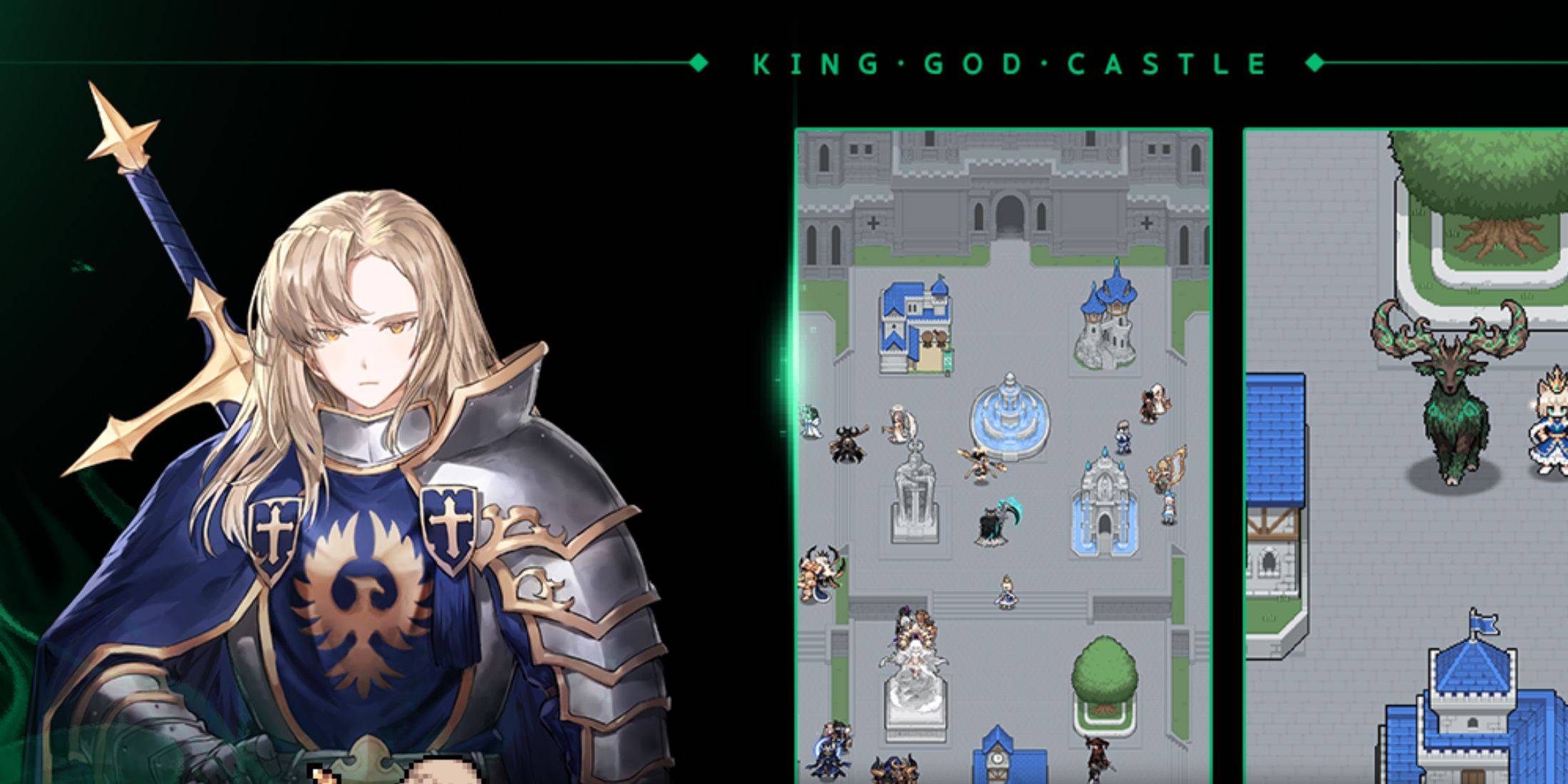
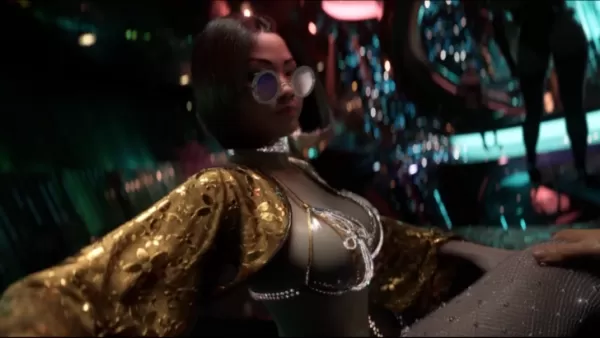
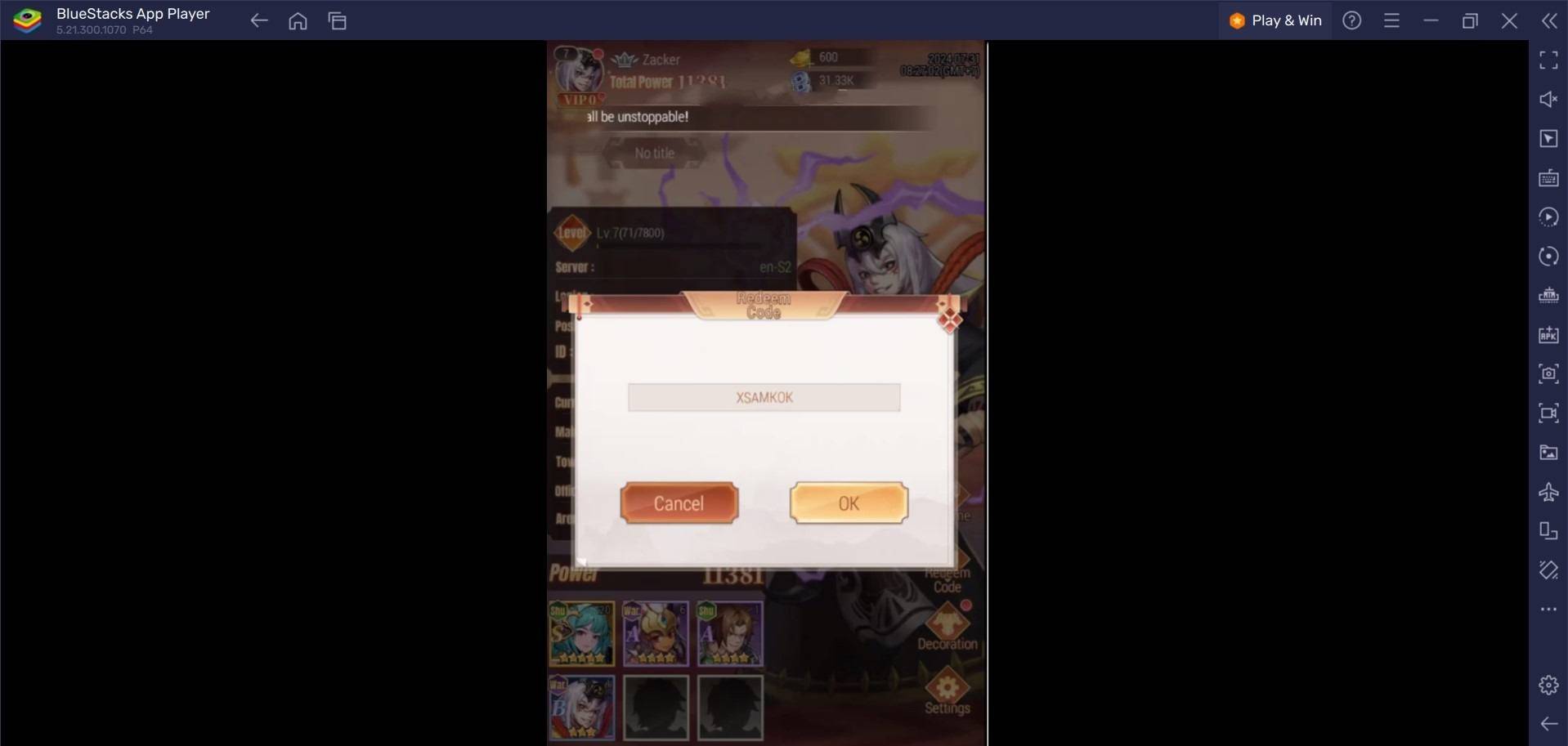
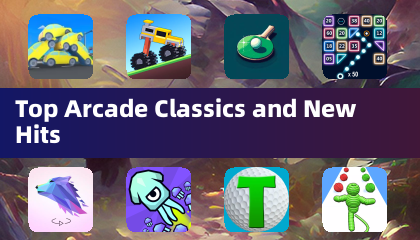
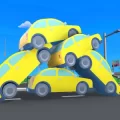

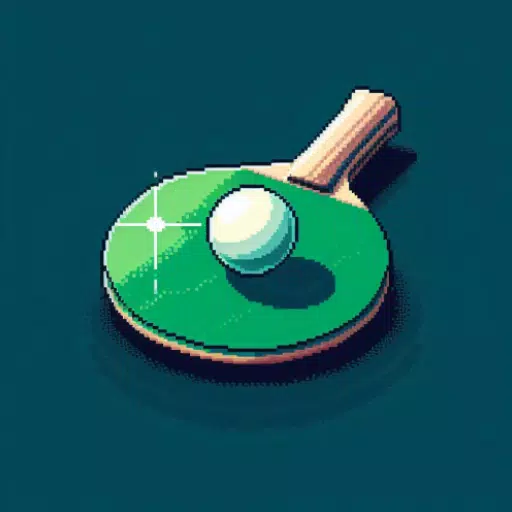
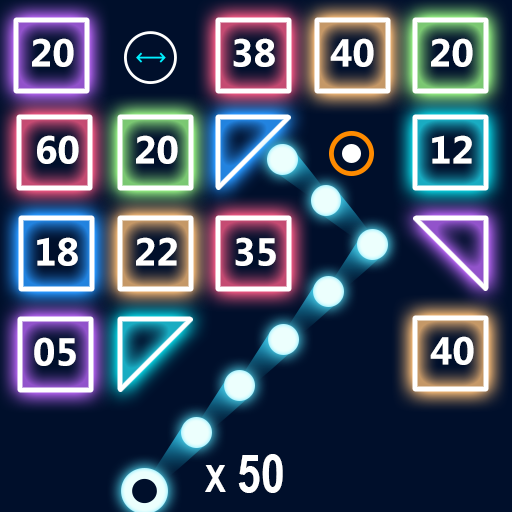
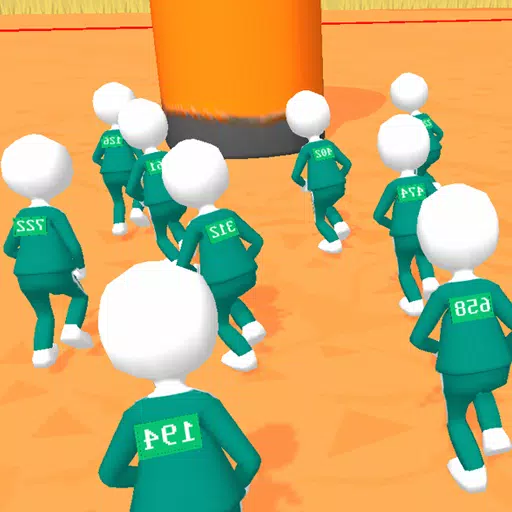
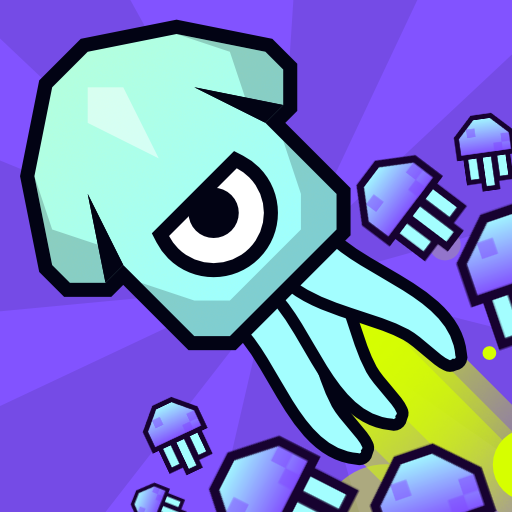

 Latest Games
Latest Games
